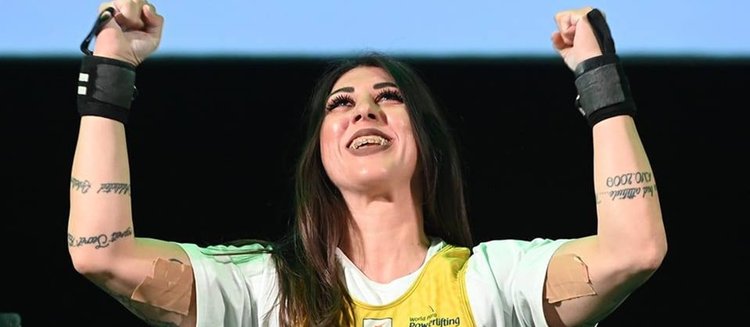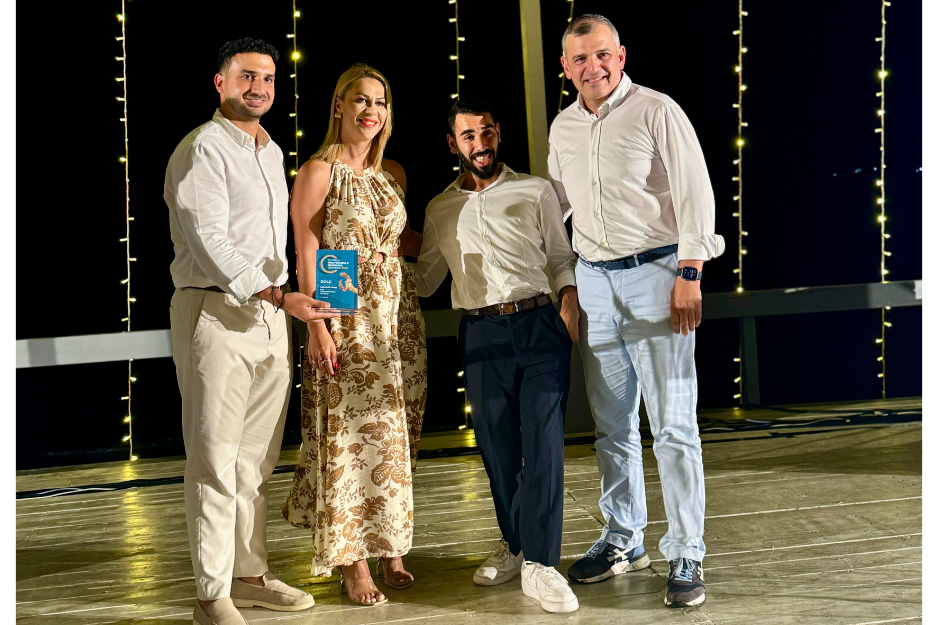
The accessible, barrier-free floor of the café is filled with robotic staff.
This experience inspired him to study robotics and “use technology to improve the lives of people who were unable to participate physically either in work or social life.”
Thus, with the help of crowdfunding and grants, he created the Dawn Avatar Robot Café, a Japanese business that shows that robots don’t necessarily take away our jobs, but on the contrary, they can help create inclusive workspaces.
The image at Dawn is as follows:
The accessible, barrier-free floor of the café is filled with robotic staff. There is a robot that greets customers, another to help them find seats, and another that suggests daily specials and takes orders. Additionally, there is the popular Tele-Barista, a humanoid “master” of coffee who will take care of the pumpkin spice latte at the bar.
However, the awkwardness of asking a robot to take your order is bypassed as patrons know it’s the human side that makes Dawn special.
The humanoid robots OriHime and OriHime-D, standing at 120 centimeters tall, serve as avatars for the workers who operate them remotely. These operators interact with customers, suggest items from the menu, and ensure that your coffee is just the way you like it.
The business employs people with disabilities to control the robots, creating inclusive job opportunities for those who cannot leave their homes or are, in many cases, bedridden.
Employees can use a mouse, an iPad, or even an eye-controlled remote to operate the robots from a wheelchair or a bed.
According to the Ministry of Health in Japan, over 7% of the population lives with a disability.
Indeed, most of the humanoid robots are equipped with iPads so that customers can interact with the person controlling them.
It should be noted that in 2012, Yoshifuji won the Human Power Award for “OriHime,” the first robot with an avatar to combat loneliness.
Source: naftemporiki.gr





